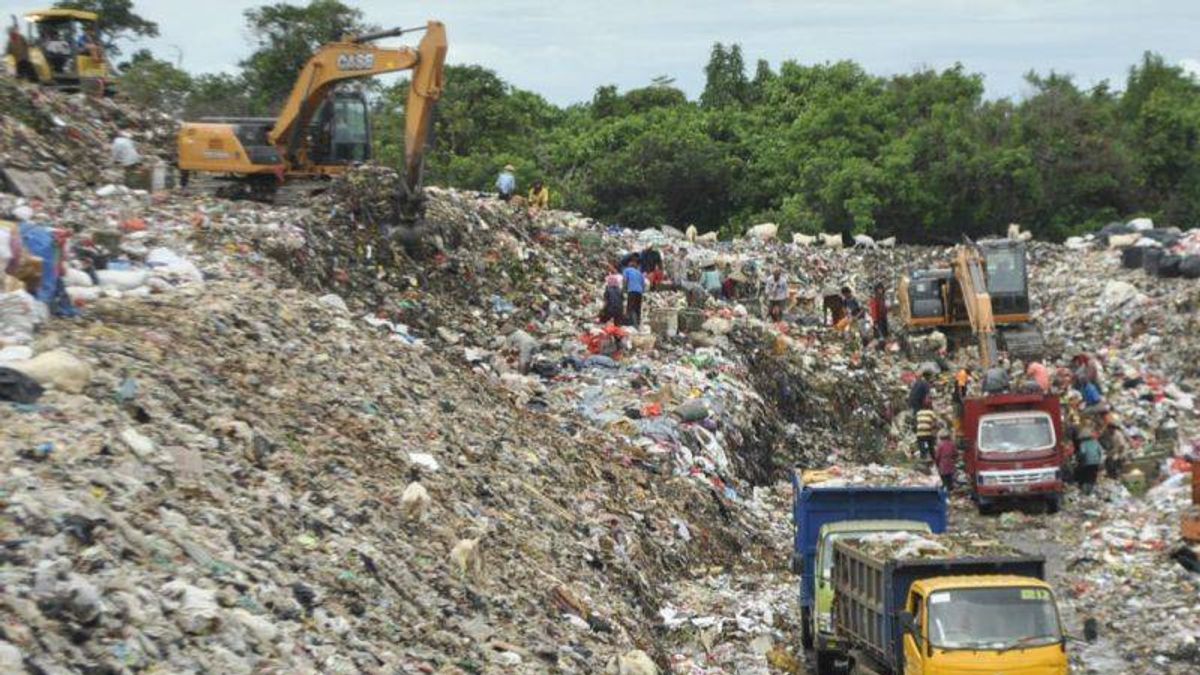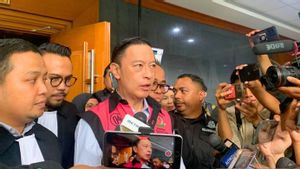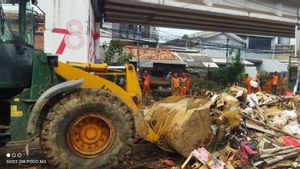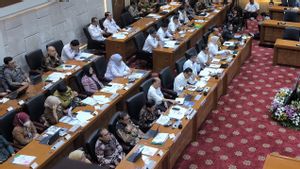JAKARTA - Member of the Steering Committee of the National Research and Innovation Agency (BRIN) Tri Mumpuni Wiyatno said good waste management supports reducing greenhouse gas emissions.
This was conveyed by Tri in the Webinar 'Waste Handling in Indonesia: Between Ideality and Reality' on Wednesday 29 June.
"The problem of waste does not end with the problem of its management, because waste is also one of the emitters of greenhouse gases. Good waste management can contribute to reducing greenhouse gas emissions," said Tri.
Tri said that good waste management must begin with reducing waste from sources, namely consumers or households. Communities can recycle waste, sort waste and reduce waste production.
Meanwhile, the Chairperson of the Indonesian Waste Bank Association (ASOBSI) Wilda Yanti said that public education is the most important aspect in waste management.
"The education aspect is the highest investment in the aspect of waste management. The basic principle in waste management is how to prevent waste and reduce waste accumulation," he said.
Wilda said that waste management must fulfill the basic concept of reducing, sorting, utilizing and recycling waste.
"The key in the circular economy is sorting, even the costs incurred in sorting can reach 60 percent," he said
According to him, waste bank support is also necessary from the socio-cultural aspects of the surrounding community, where different regions have different approaches. The legal aspect of customs can also be done with the obligation to become a member of a waste bank.
Regarding funding, he said that user fees and contributions could be made in parallel. The existence of a system of savings and cash back in sorting and types of waste that can be recycled at the waste bank can be a solution.
Then, there are marketing and off-takers who must adjust the distance, characteristics, and products where they will end up being accepted.
"Waste management actors are a support system for the government, so partnerships must be built and support from the government is needed to increase the capacity of waste banks so that they can develop," he said.
He recommended the initiation of franchising waste bank companies, replication of Non-Governmental Organizations (KSM) to regions, and the transformation of KSMs into Village-Owned Enterprises for waste management.
The English, Chinese, Japanese, Arabic, and French versions are automatically generated by the AI. So there may still be inaccuracies in translating, please always see Indonesian as our main language. (system supported by DigitalSiber.id)













